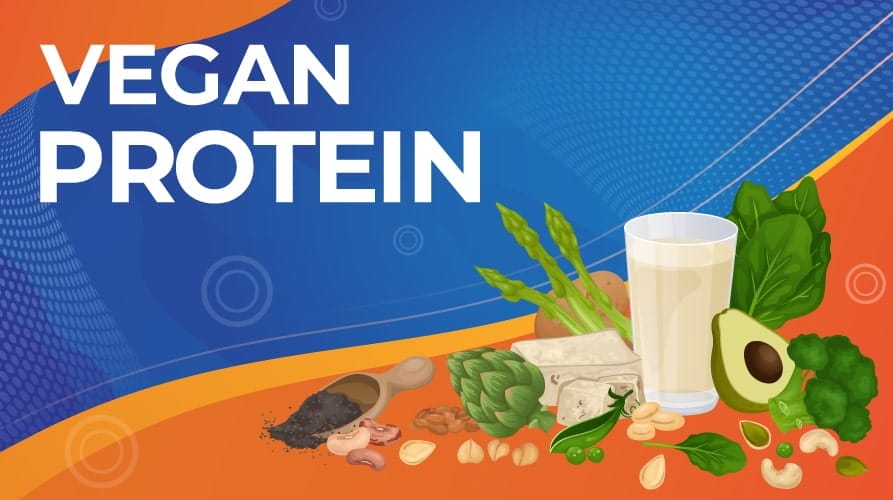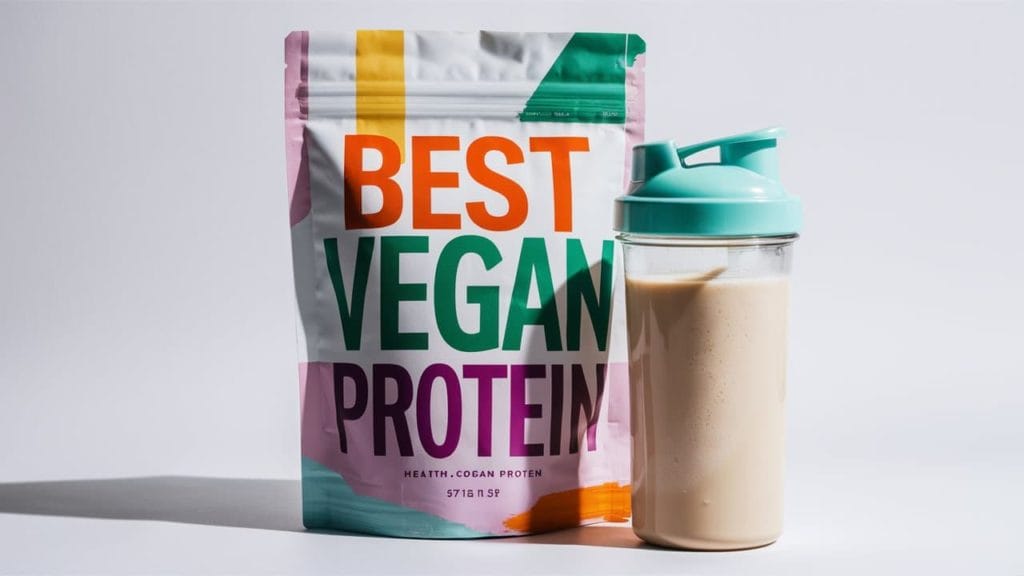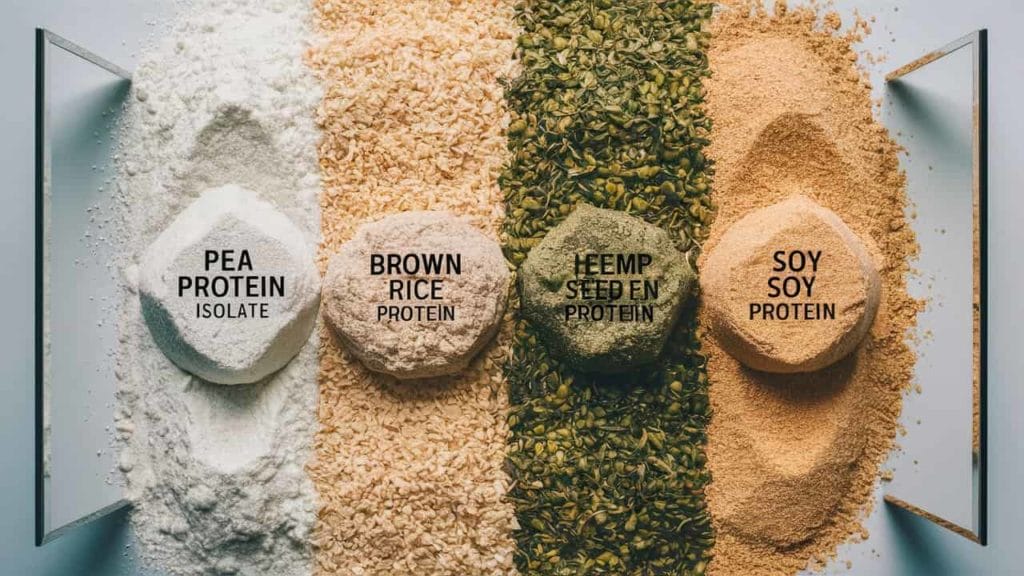In recent years, the popularity of vegan protein has surged, with many individuals opting for plant-based alternatives over traditional animal-derived protein sources like whey. Vegan protein, derived from plants, offers a myriad of benefits and is a suitable option for a wide range of consumers. Here, we will delve into what plant-based protein is, how it differs from whey protein, who should consider consuming it, and the numerous benefits it provides.
What is Vegan Protein?
Vegan protein is a dietary supplement that provides a concentrated, plant-based protein source. It is derived from various plant foods such as peas, hemp, rice, and soy, and is often available in powder form. These plant-based proteins are rich in essential amino acids, making them a complete and effective protein source.
Differences from Whey Protein
Whey protein, a byproduct of cheese production, is a popular protein supplement derived from dairy. In contrast, vegan protein is entirely plant-based, making it suitable for individuals following a vegan or lactose-free diet. Additionally, plant-based protein is often free from artificial additives and hormones, offering a cleaner and more natural protein source.
Who Should Consume Vegan Protein?
Vegan protein is an excellent option for a wide range of individuals, including:
- Vegans and Vegetarians: Those who follow a plant-based diet rely on vegan protein sources to meet their daily protein needs. This includes individuals who avoid meat, dairy, eggs, and other animal products for ethical, environmental, or health reasons.
- Individuals with Dairy or Egg Allergies: Vegan protein is an excellent alternative for people with allergies to dairy or eggs, common sources of animal protein. Plant-based proteins like soy, pea, hemp, and rice protein offer allergy-friendly options.
- People with Lactose Intolerance: Individuals who are lactose intolerant may experience digestive discomfort when consuming dairy products. Vegan protein powders and foods provide a lactose-free alternative for meeting protein requirements without triggering symptoms.
- Those Seeking Healthier Alternatives: Plant-based proteins often contain less saturated fat and cholesterol compared to animal proteins, making them a healthier option for individuals looking to improve their overall diet and reduce their risk of chronic diseases like heart disease and diabetes.
- Athletes and Fitness Enthusiasts: Vegan protein sources are commonly used by athletes and fitness enthusiasts to support muscle repair and growth after exercise. Plant-based protein powders can be easily incorporated into post-workout shakes or meals to enhance recovery.
- Environmental and Ethical Concerned Individuals: Choosing plant-based protein over animal-based protein aligns with environmental sustainability and animal welfare concerns. Plant-based diets generally have a lower environmental footprint and avoid the ethical issues associated with animal agriculture.
Benefits of Vegan Protein
The benefits of consuming vegan protein are numerous and include:
- Complete Nutrition: Plant-based proteins can provide all essential amino acids necessary for human health, supporting muscle repair, growth, and overall bodily functions.
- Heart Health: Vegan protein sources are typically lower in saturated fat and cholesterol compared to animal proteins, which can help reduce the risk of heart disease and lower cholesterol levels.
- Weight Management: Plant-based proteins are often lower in calories and higher in fiber, promoting feelings of fullness and aiding in weight management and weight loss goals.
- Digestive Health: Vegan protein sources, such as legumes, nuts, seeds, and whole grains, are rich in fiber, which supports healthy digestion and prevents constipation.
- Reduced Risk of Chronic Diseases: Diets rich in plant-based proteins have been associated with a lower risk of chronic diseases, including type 2 diabetes, certain cancers, and hypertension.
- Environmental Sustainability: Plant-based proteins have a lower environmental impact compared to animal-based proteins, requiring fewer natural resources like water and land and producing fewer greenhouse gas emissions.
- Ethical Considerations: Choosing vegan protein aligns with ethical concerns related to animal welfare, as it avoids supporting industries associated with animal cruelty and exploitation.
- Versatility: Vegan protein sources are diverse and versatile, allowing for a wide variety of culinary options and recipes, catering to different tastes and preferences.
- Allergen-Friendly: Vegan protein sources are often free from common allergens like dairy, eggs, and soy, making them suitable for individuals with food allergies or intolerances.
- Supports a Balanced Diet: Incorporating a variety of plant-based proteins into the diet can contribute to a well-rounded and balanced eating pattern, ensuring adequate nutrient intake for overall health and wellness.
In conclusion, vegan protein is a highly beneficial and versatile protein source that offers a wide range of advantages over traditional animal-derived proteins like whey. With its complete amino acid profile, improved digestibility, and positive impact on health and the environment, vegan protein is an excellent choice for a diverse range of consumers. Whether you are a vegan, vegetarian, or simply seeking a cleaner, more sustainable protein source, plant-based protein is a highly recommended option for your nutritional needs.












